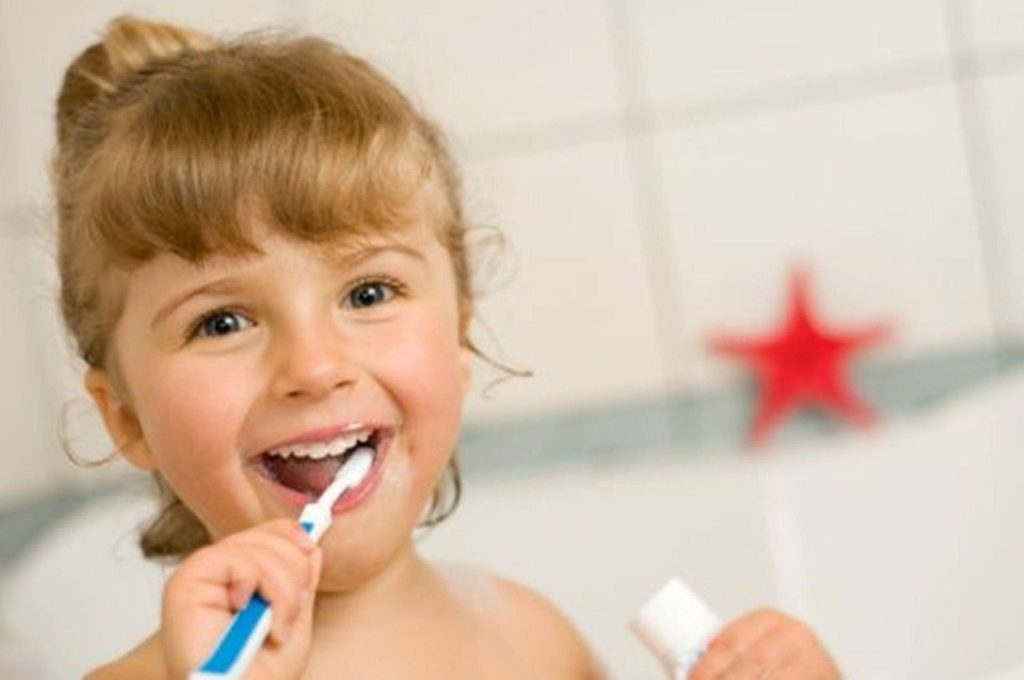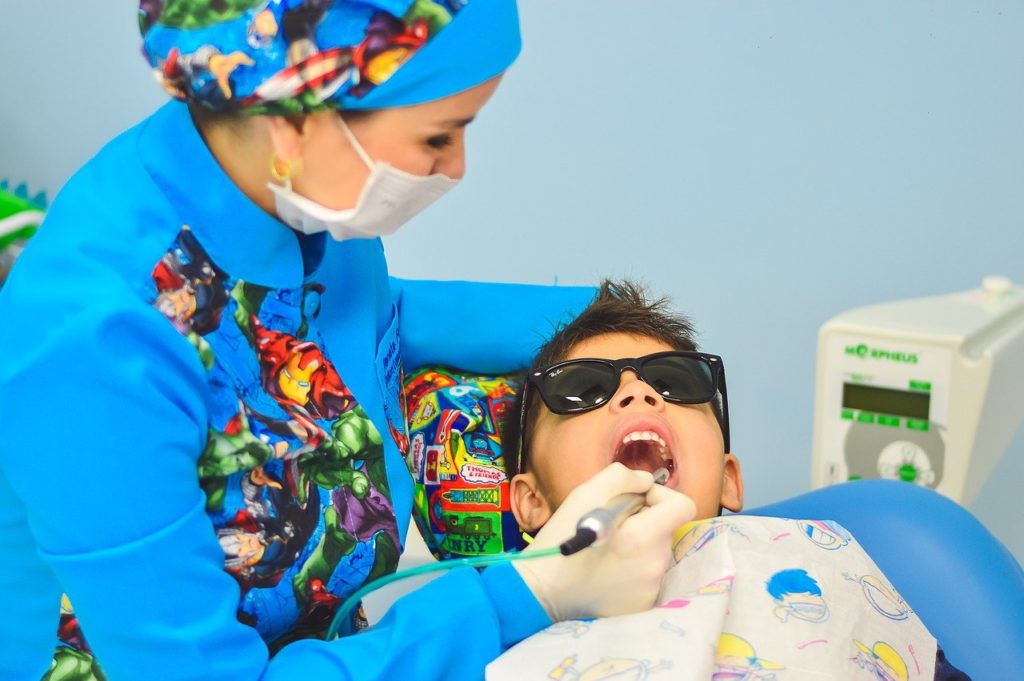As parents, the health and safety of our children are of utmost importance. Yet accidents happen, and it’s important to know what to do in case of dental emergencies. In this guide, we will explore the types of dental emergencies and emphasize the importance of knowing how to respond promptly. Dental emergencies often demand immediate attention from a dentist, so let’s delve into the emergencies that commonly occur in children and how to address them.
Types of Dental Emergencies in Children:
Severe Toothache: Can be caused by tooth decay, infections, or injuries to the mouth. Severe toothaches can be excruciating. Prompt attention from a dentist, which may involve antibiotics or a filling, is essential to alleviate pain and prevent further complications.
Chipped Tooth: Accidents, falls, or biting down on hard objects like hard candy, crab shells, chewing on ice cubes, or pencil caps can result in chipped or broken teeth. The severity of the chip or break will determine the appropriate treatment, which may include dental bonding, crown, or extraction. Understanding the cause will help tailor the solution to restore the tooth’s integrity.
Knocked-out Tooth: Common during sports or falls, a knocked-out tooth requires immediate attention. Rinse the tooth and seek emergency care. Preservation is only possible if the tooth is intact, not chipped, and with the root. Act within 30 minutes to maximize the chances of successful re-implantation.
Lost Filling or Crown: When a filling or a crown falls out, the tooth becomes sensitive. Prompt replacement is necessary to protect the tooth from further damage. Quick action helps maintain the tooth’s structural integrity and prevents additional discomfort.
Infection or Abscessed Tooth: An abscessed tooth is an infection that can cause swelling, pain, and fever. Swift treatment, including antibiotics and draining the abscess, is vital to prevent the infection from spreading. Saltwater Rinses, cold compresses, and over-the-counter pain medications can offer temporary relief until professional help is available.
Preventing Dental Emergencies:
While some emergencies are unavoidable, preventive measures can significantly reduce the risk:
Encourage Good Oral Hygiene: Regular brushing with fluoride toothpaste, daily flossing, and routine dental checkups contribute to healthy and strong teeth.
Use Mouthguards for Sports: Protective mouthguards can prevent dental injuries during contact sports, ensuring a safeguard against unexpected accidents and knocked-out teeth.
Avoid Hard or Sticky Foods: Certain foods increase the risk of tooth damage. Steering clear of hard or sticky foods and items can reduce the likelihood of emergencies.
Maintain a Healthy Diet: A balanced diet rich in vitamins and nutrients supports overall oral health, reinforcing the body’s ability to fend off potential issues.
What to Do in a Dental Emergency:
In the event of a dental emergency:
- Stay Calm: Maintain composure and contact the dentist’s office promptly, clearly describing the emergency.
- Follow Instructions: Adhere to any instructions provided by the dentist or staff, ensuring swift and appropriate action.
- Provide First Aid: If necessary, administer basic first aid to manage pain or bleeding before professional help arrives.
Being prepared for dental emergencies is a crucial aspect of responsible parenting. By understanding the types of emergencies, taking preventive measures, and knowing how to respond when they occur, parents can ensure the best possible outcome for their children’s dental health. Stay informed and stay calm – your readiness makes a significant difference!
 Directions
Directions









